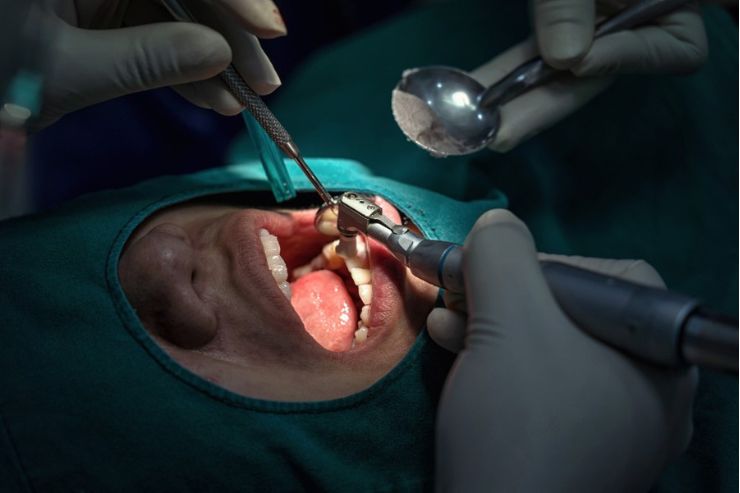
Oral surgery involves surgical procedures performed on the mouth, jaws, and surrounding tissues to treat a variety of dental and medical conditions. These procedures may be necessary for issues that cannot be addressed with routine dental treatments, and they are designed to improve function, relieve pain, or enhance oral health.
Tooth Extraction:
Dental Implants:
Wisdom Tooth Removal:
Bone Grafting:
Frenectomy:
Corrective Jaw Surgery (Orthognathic Surgery):
Cyst and Tumor Removal: